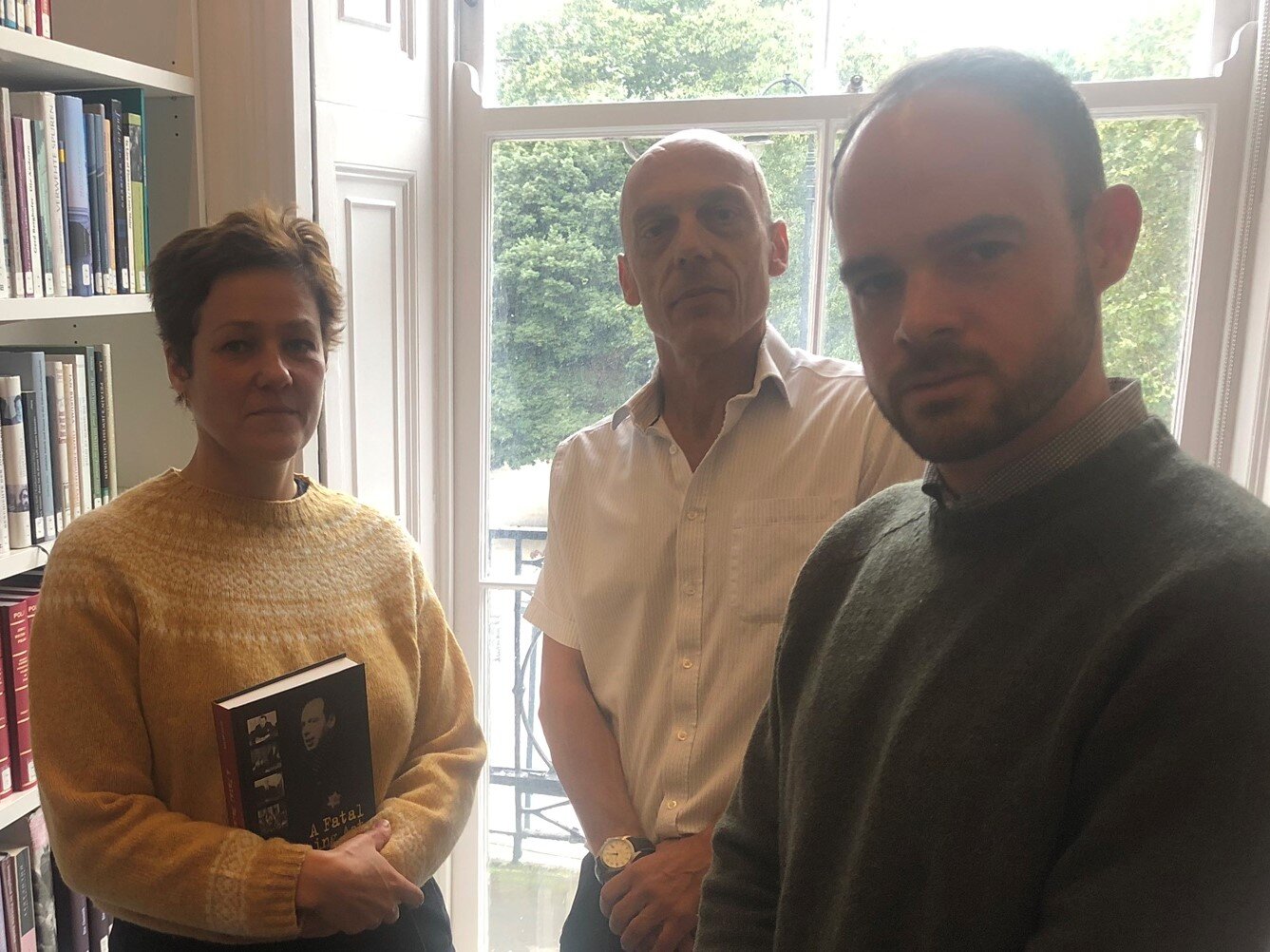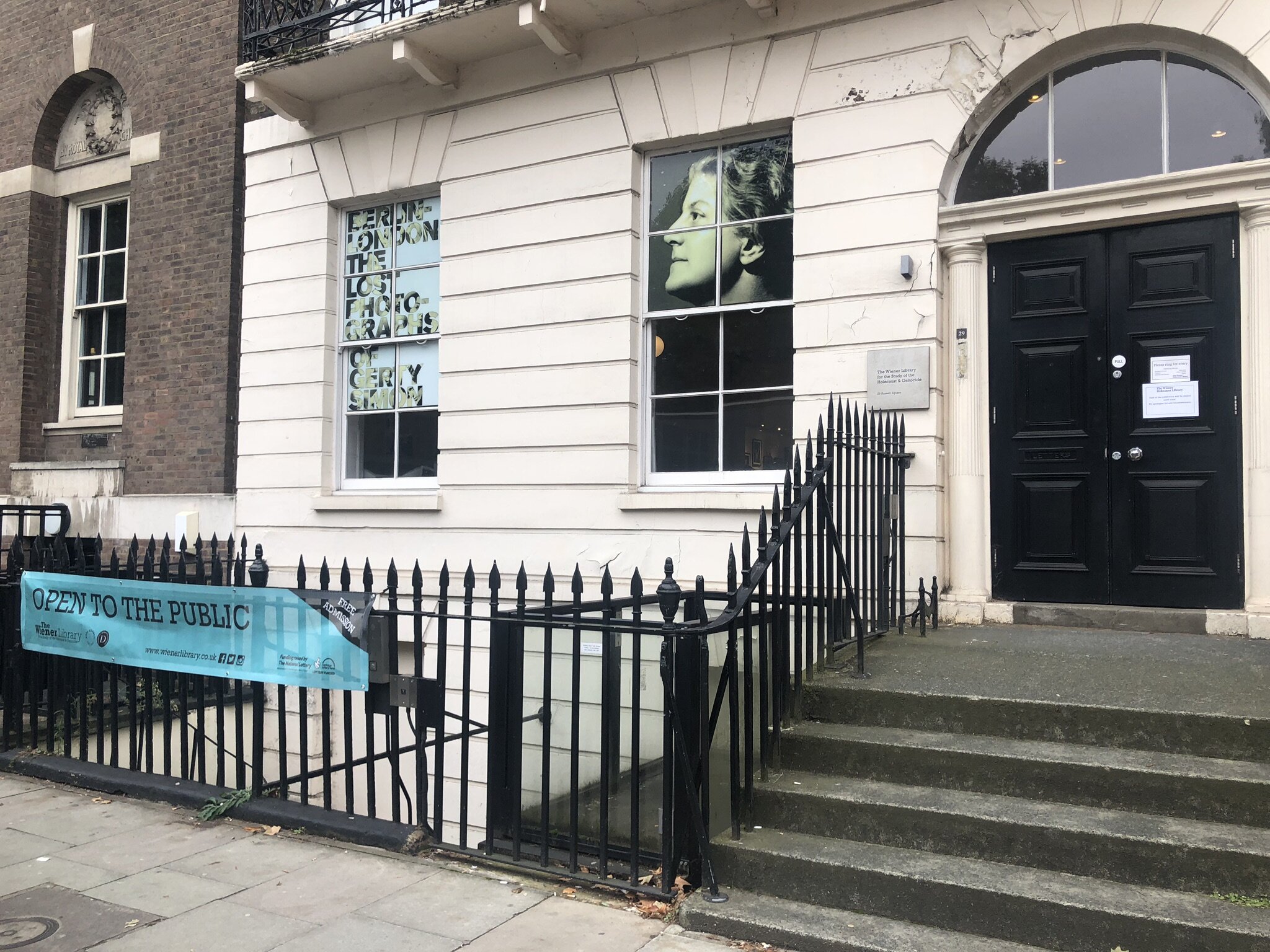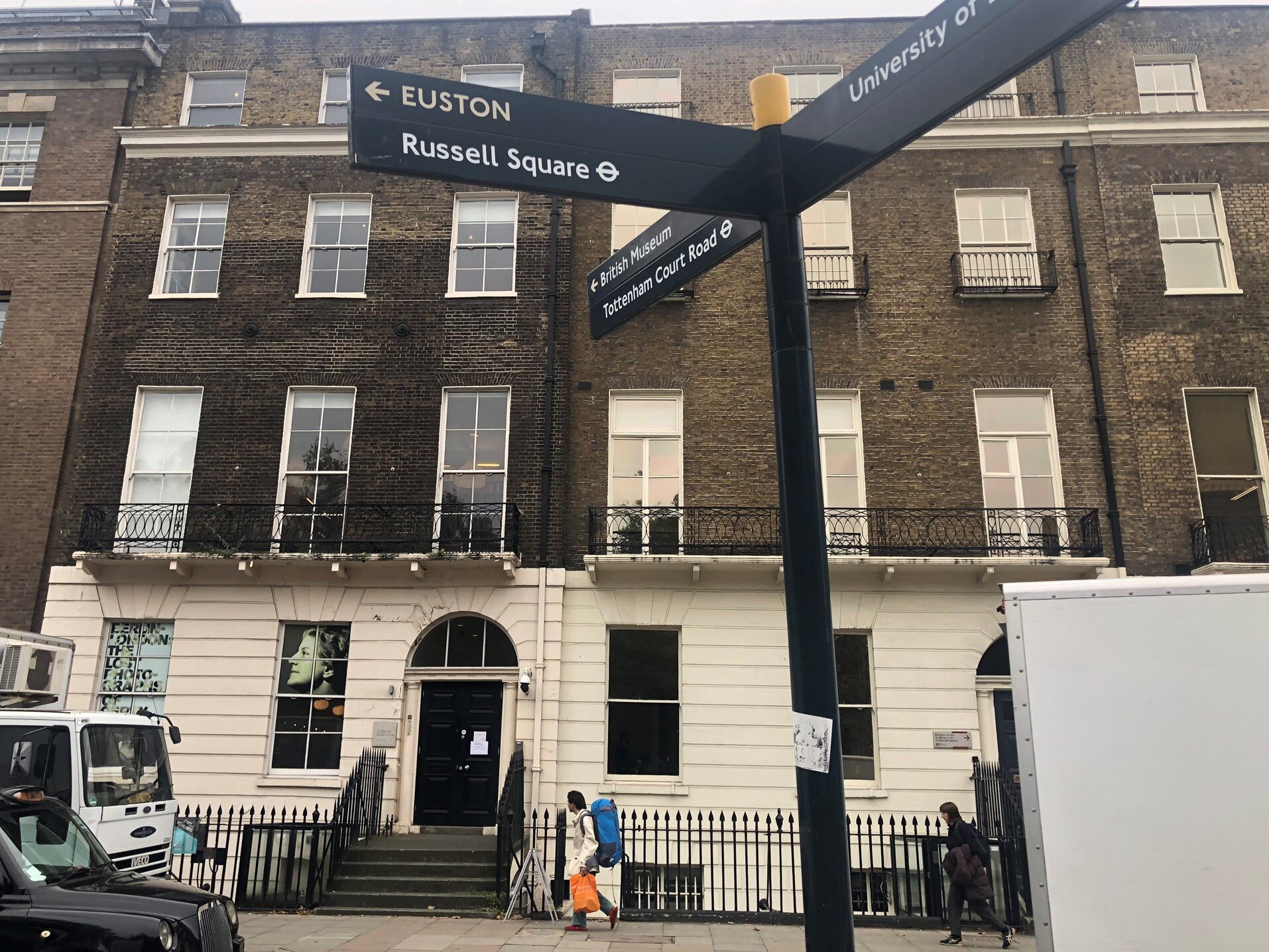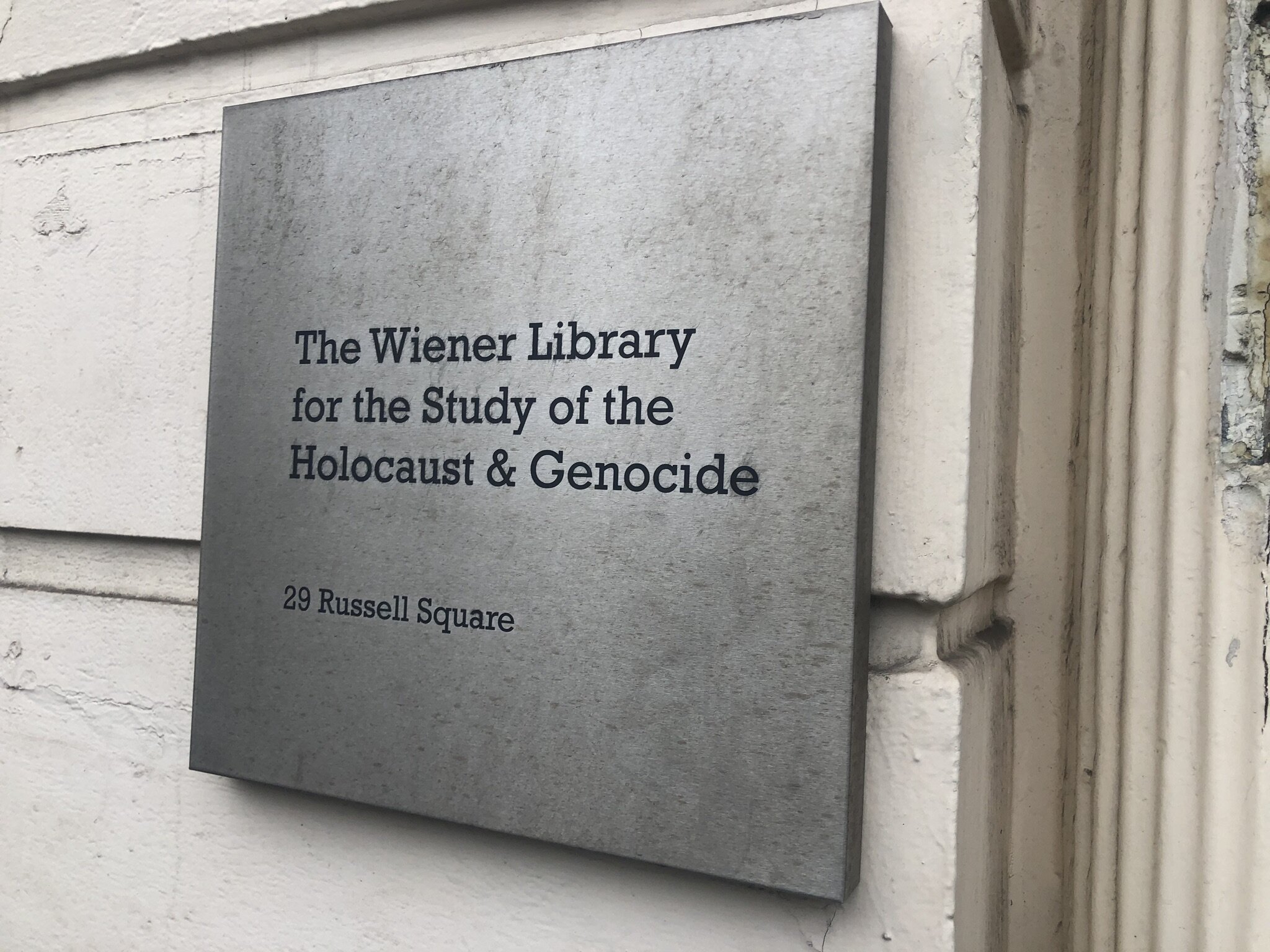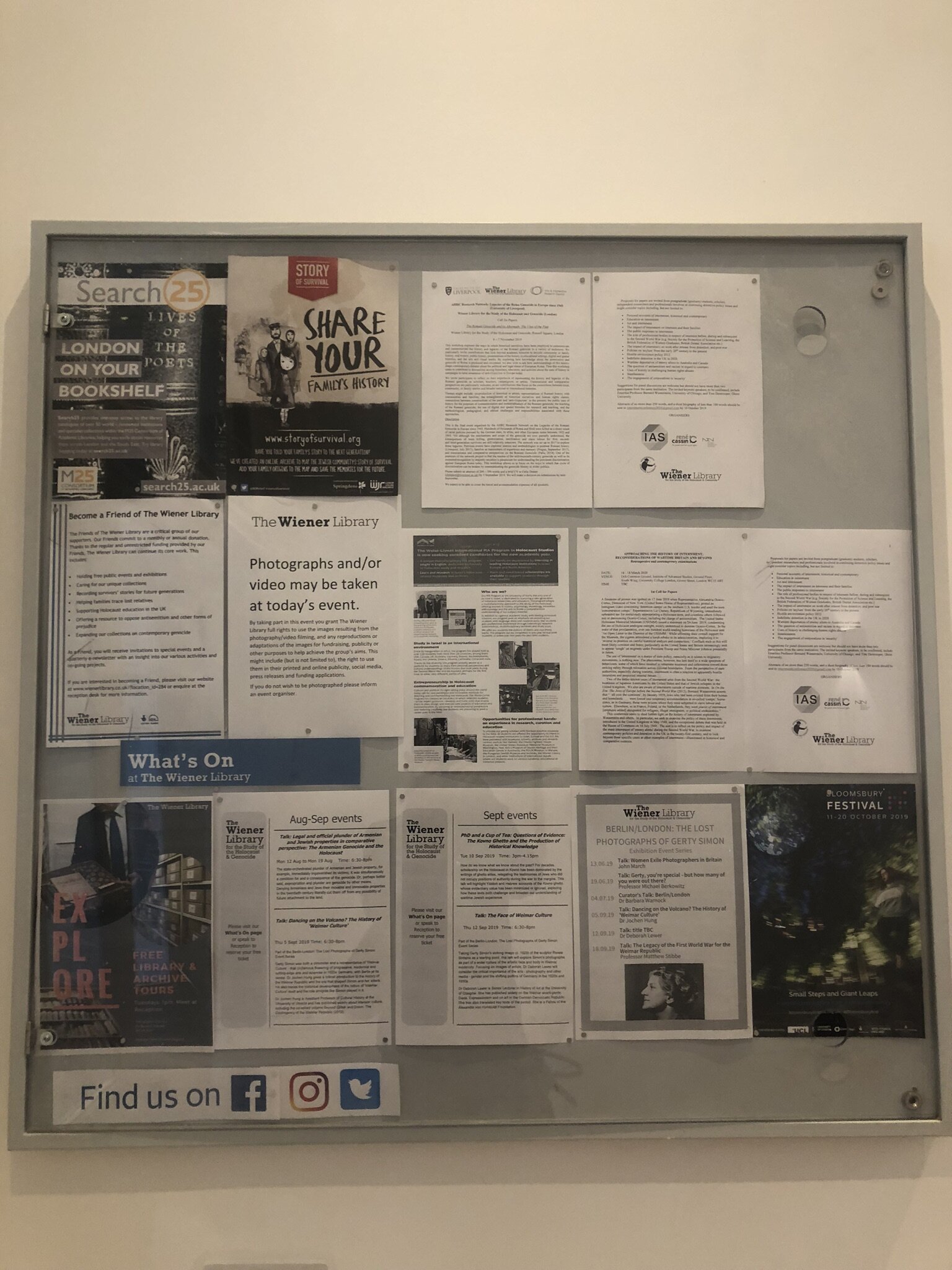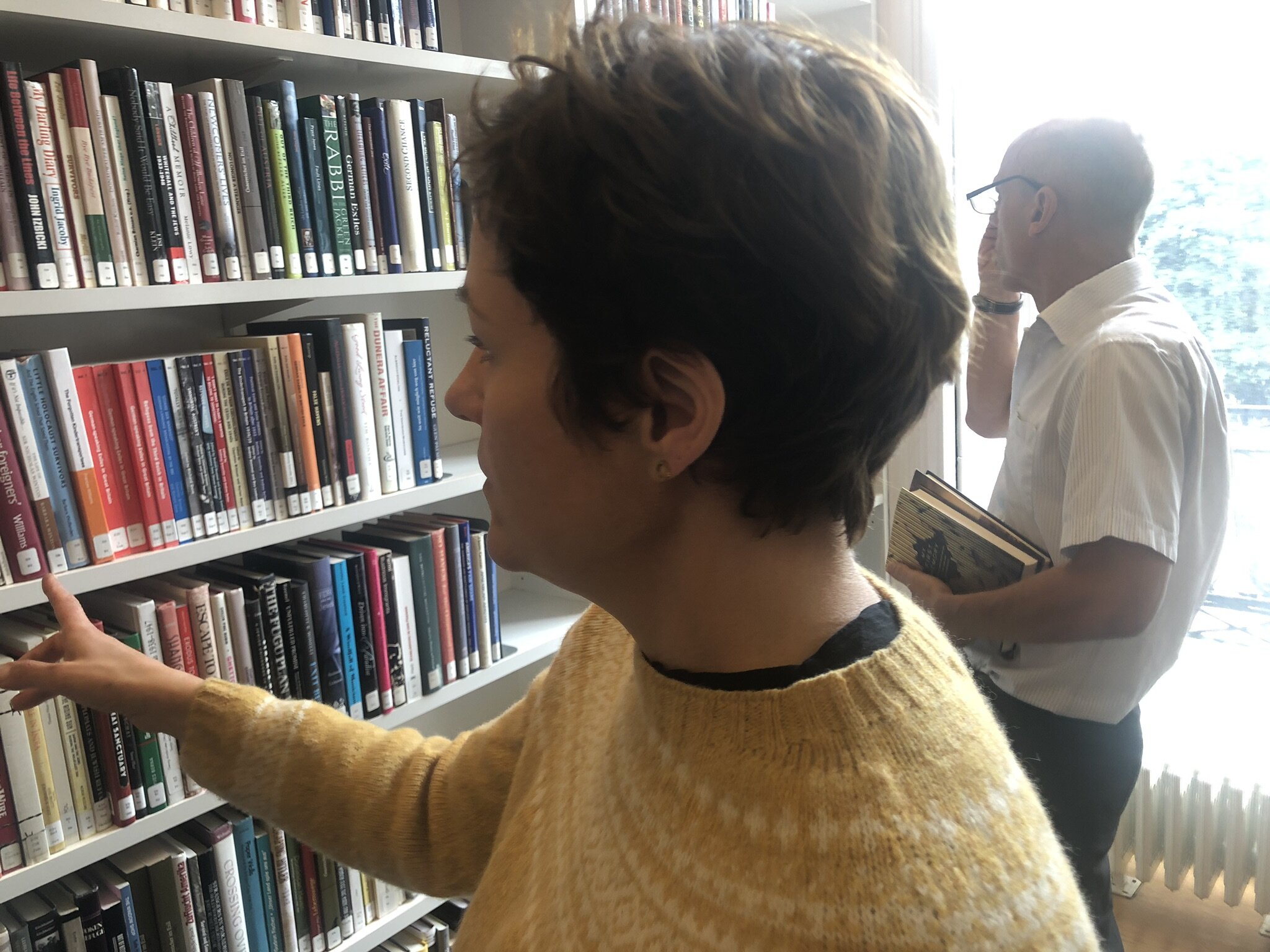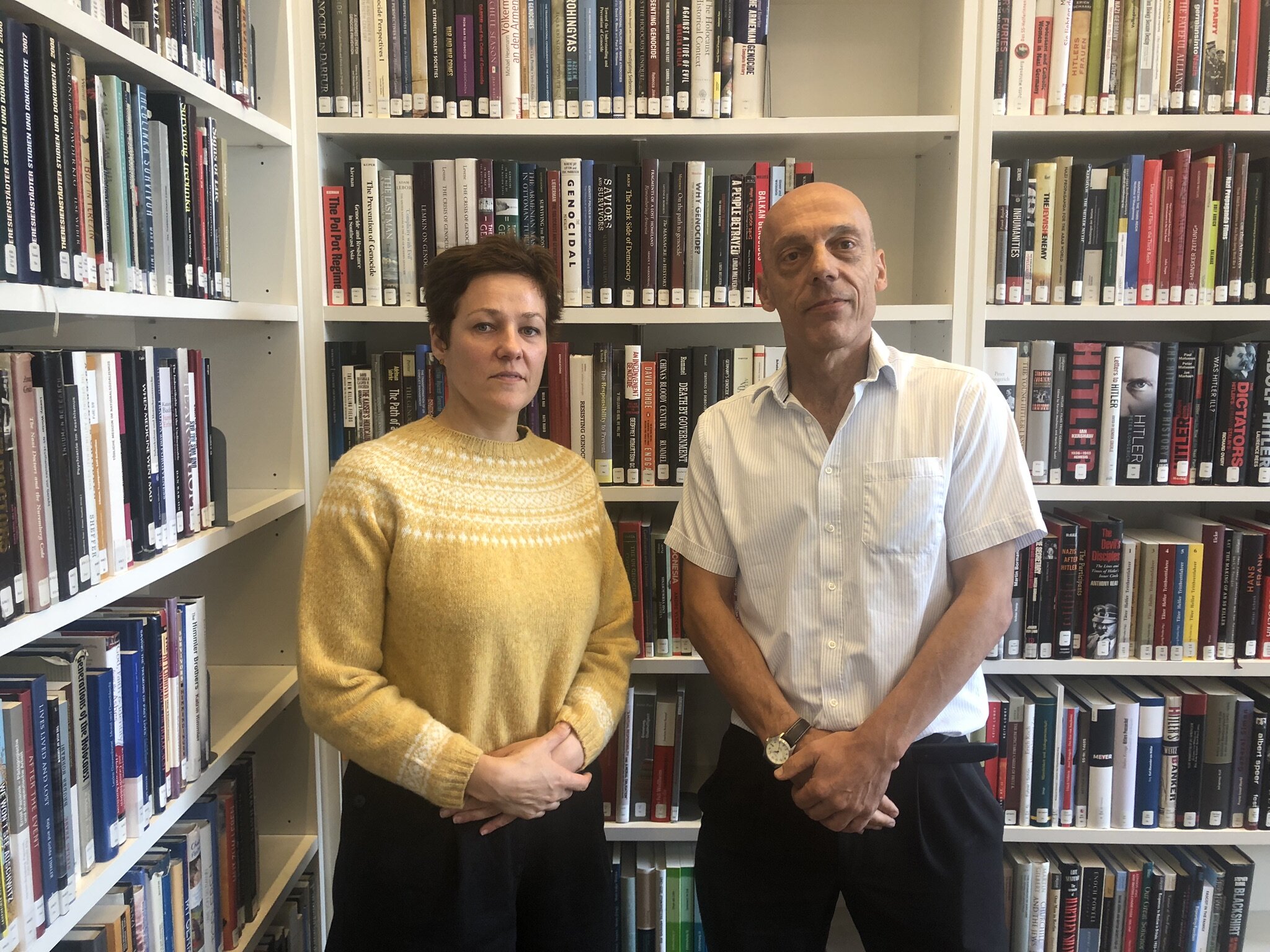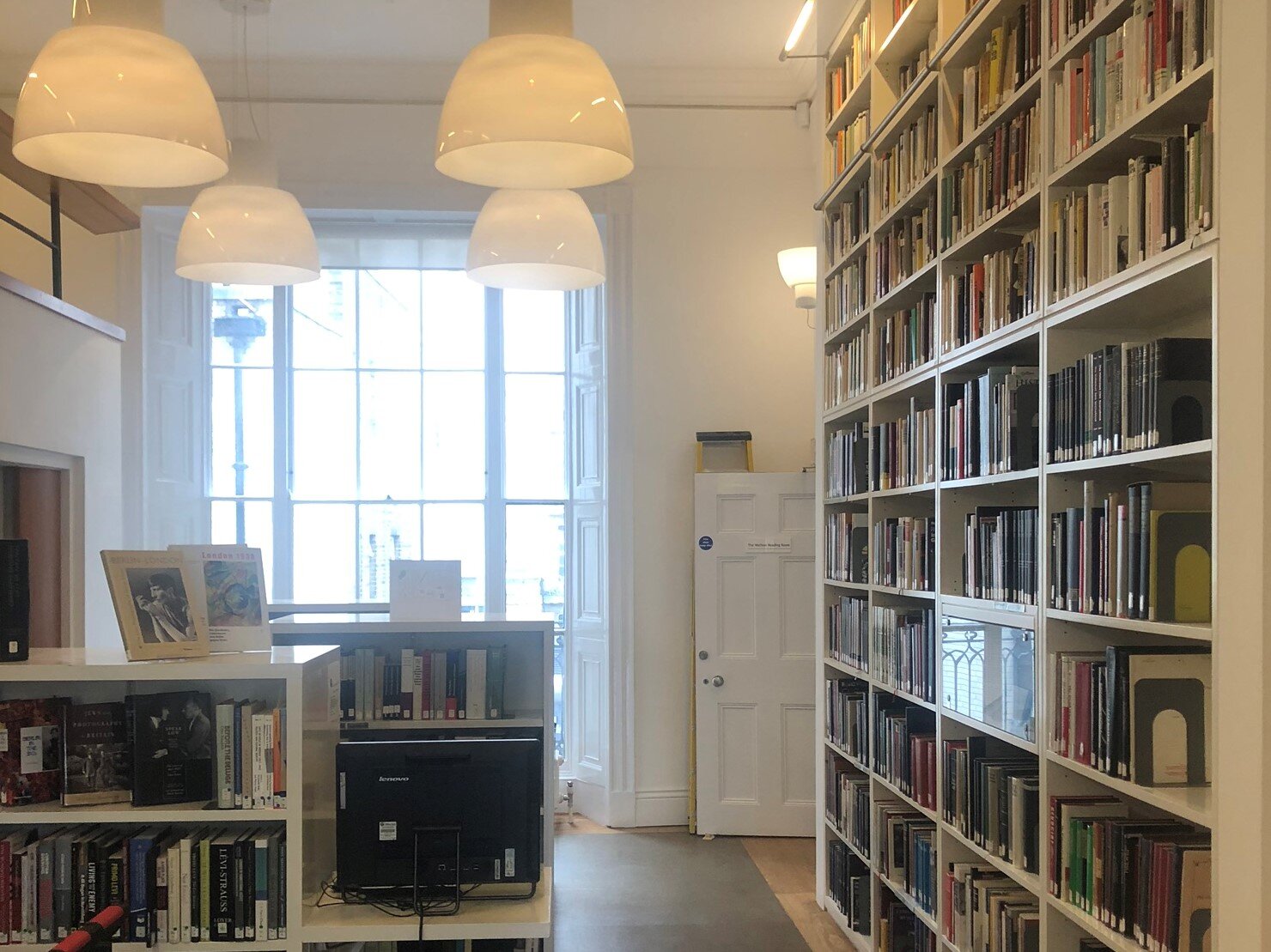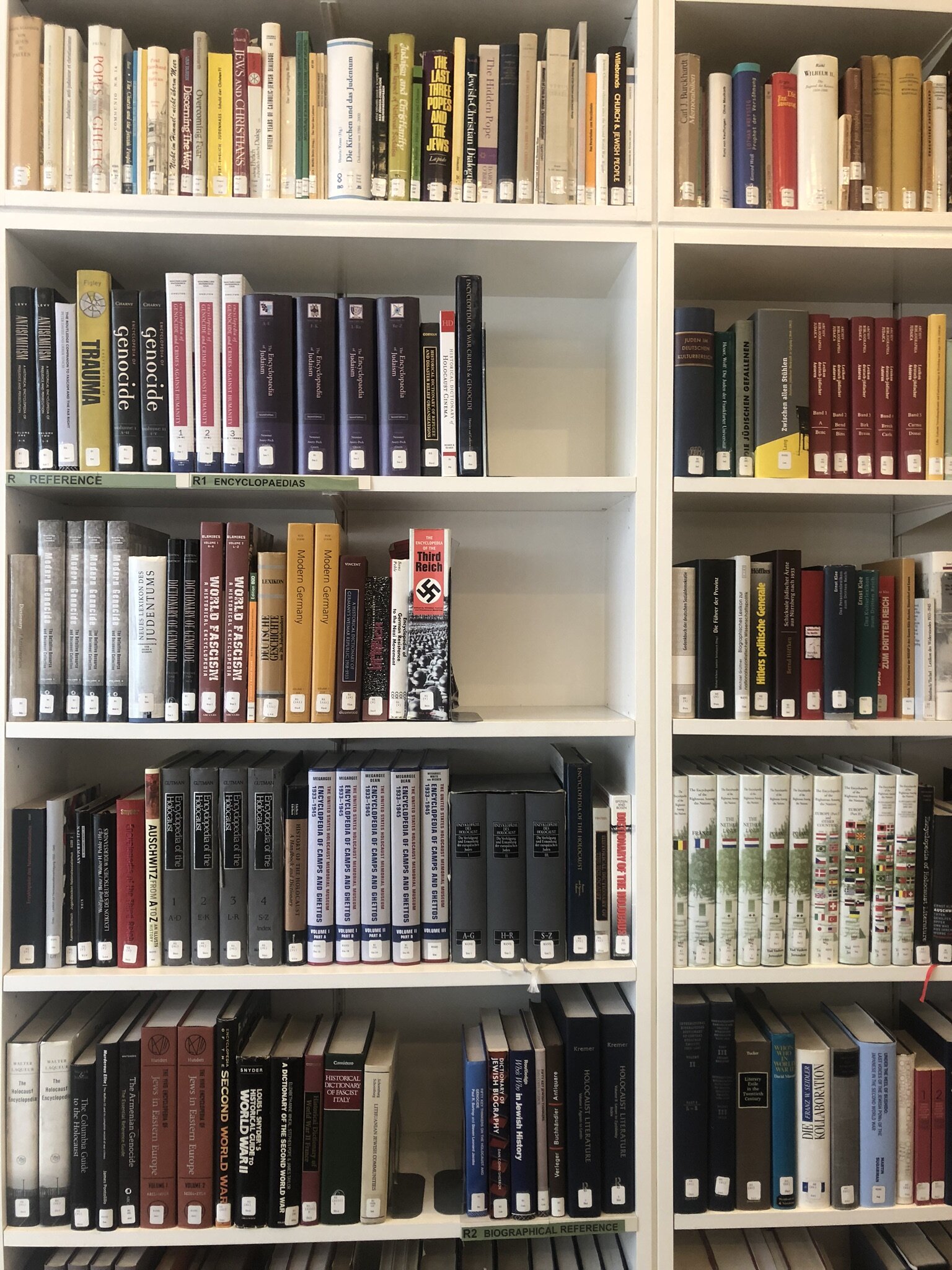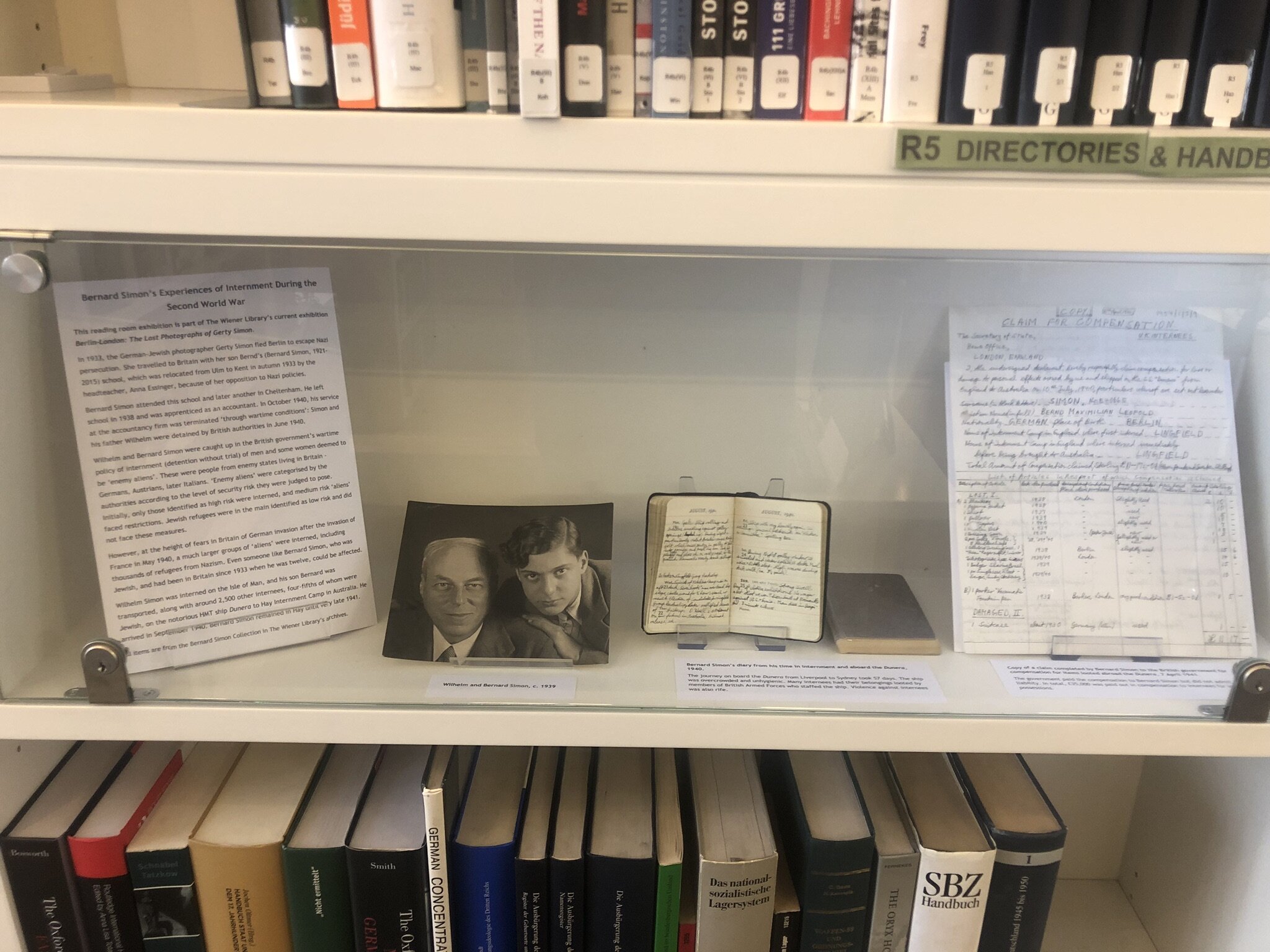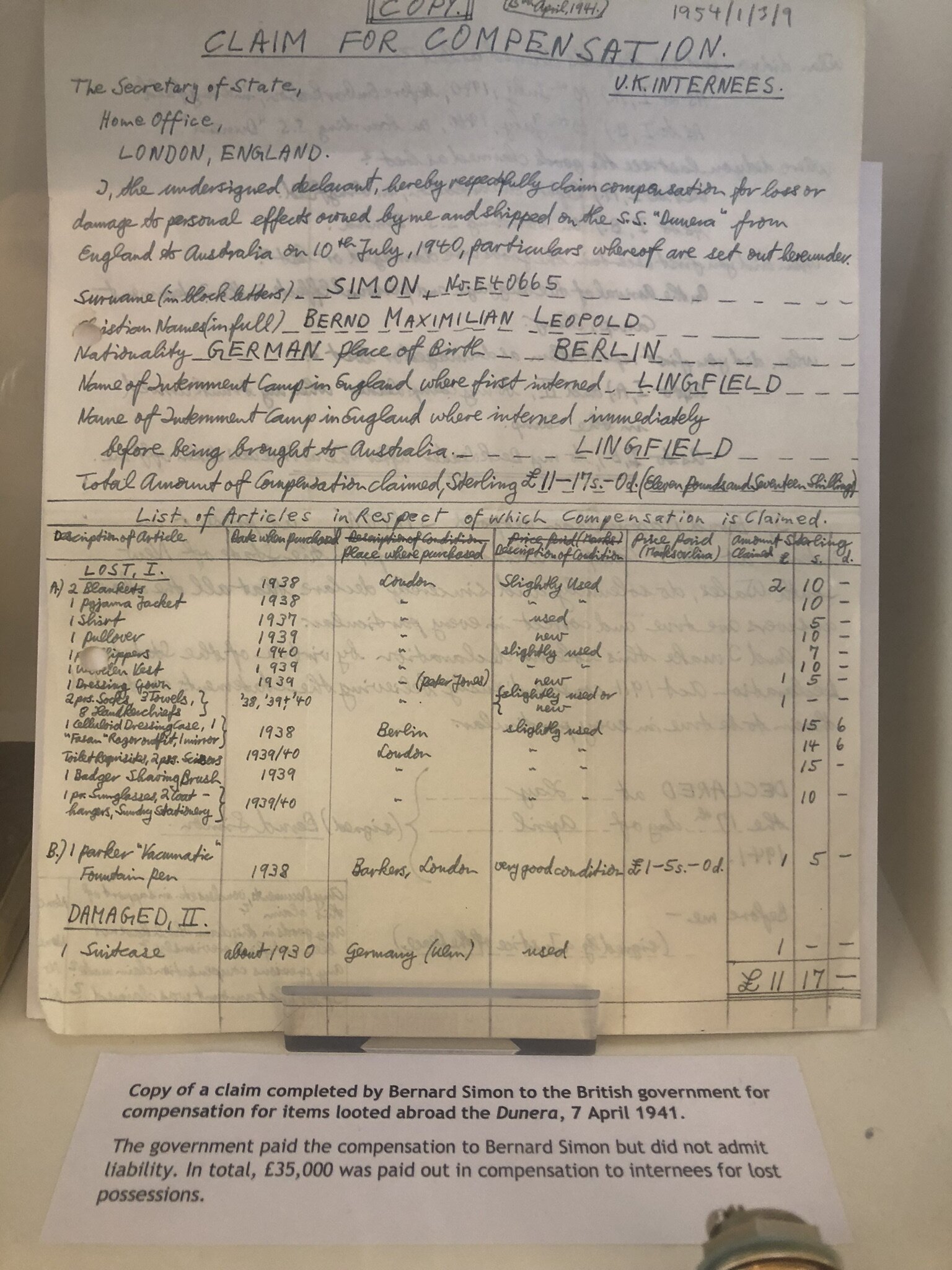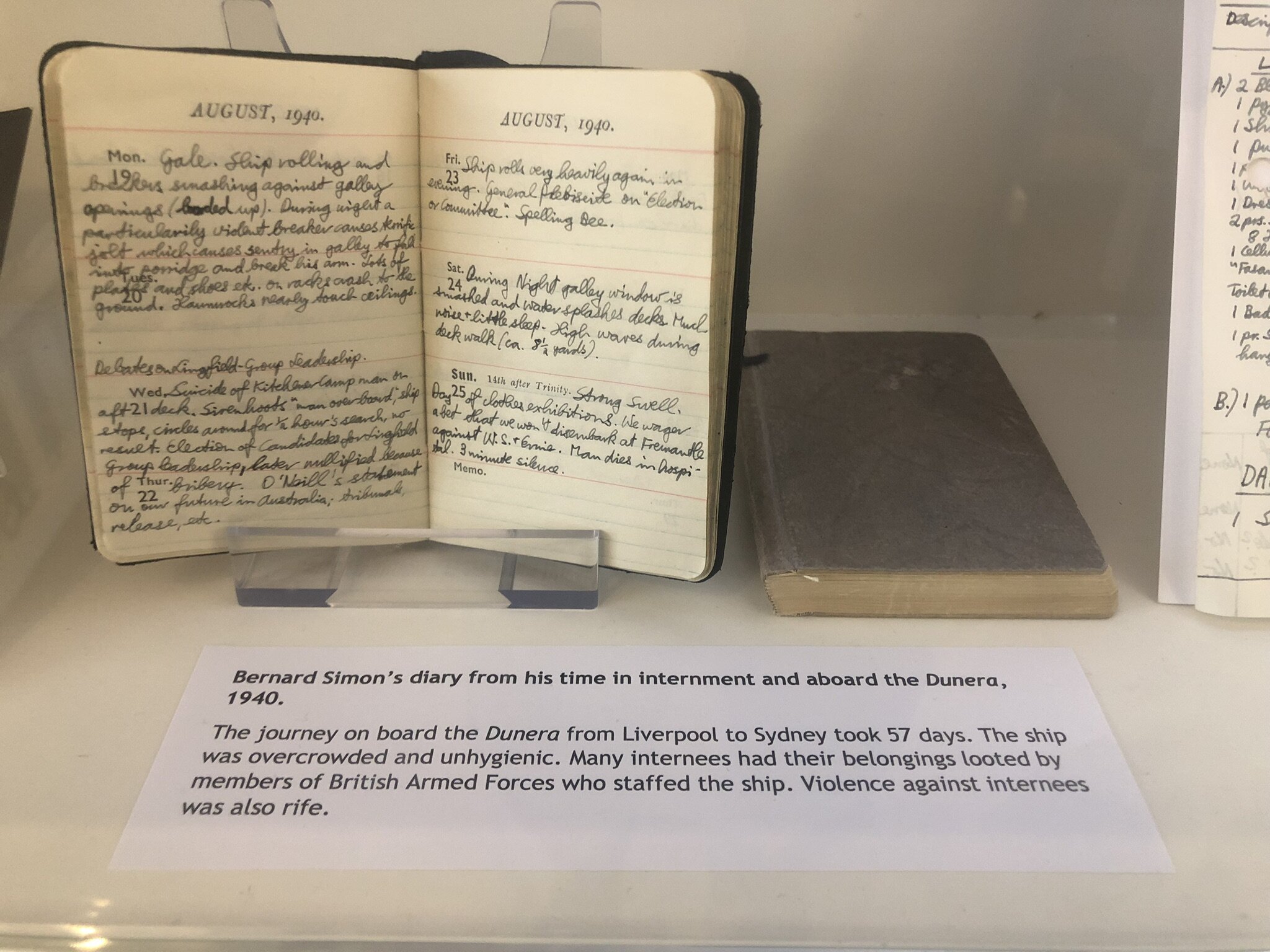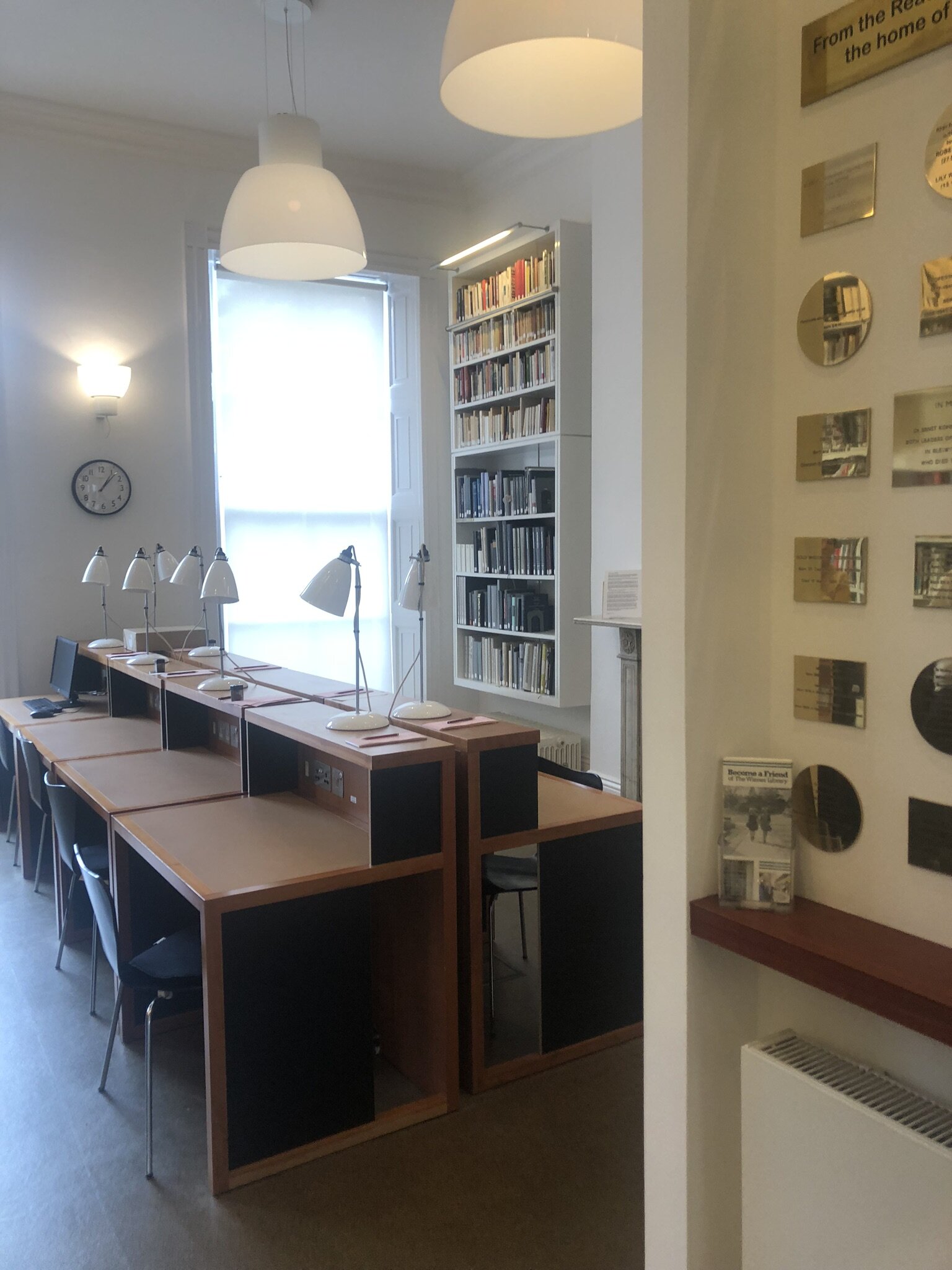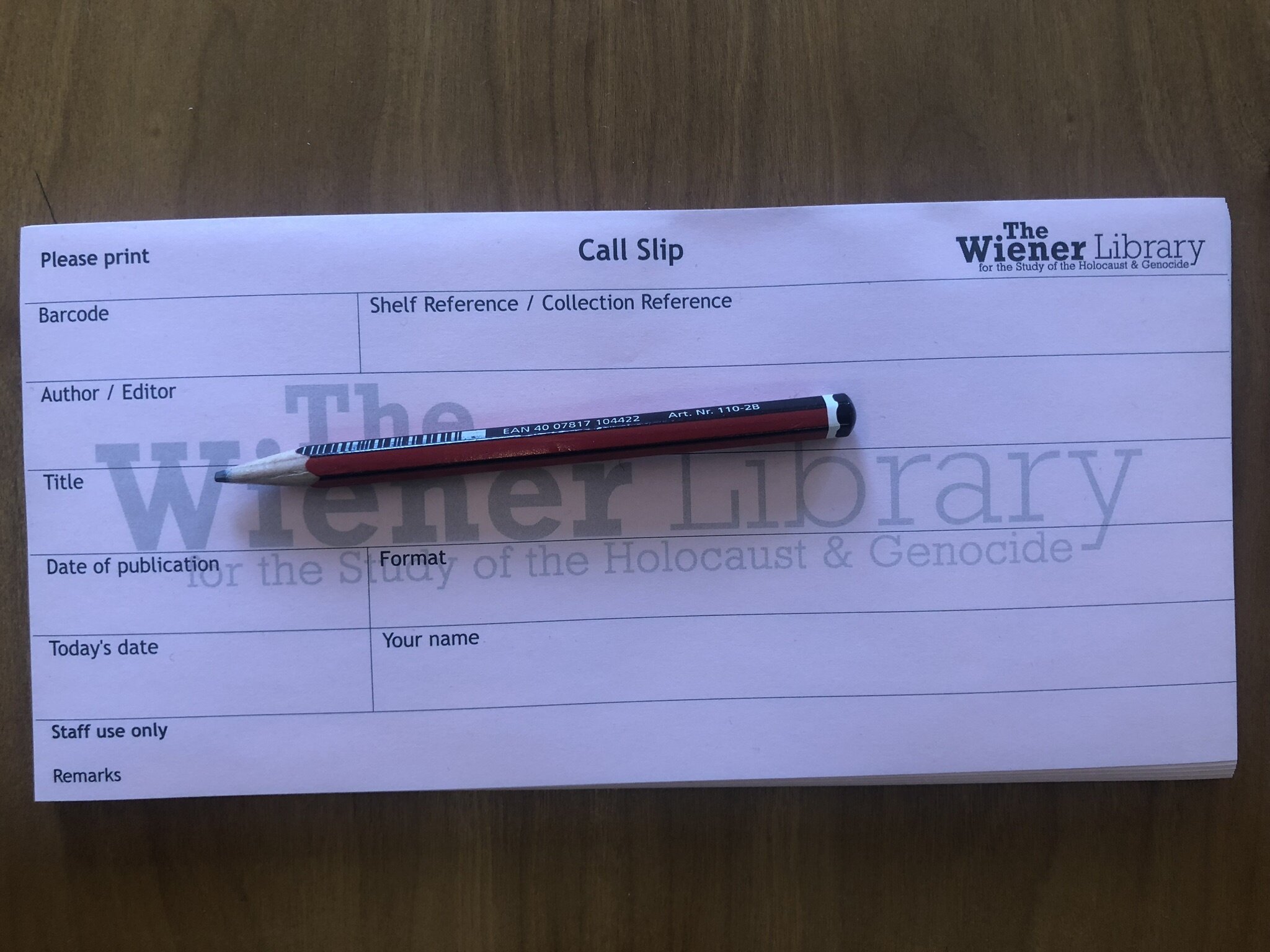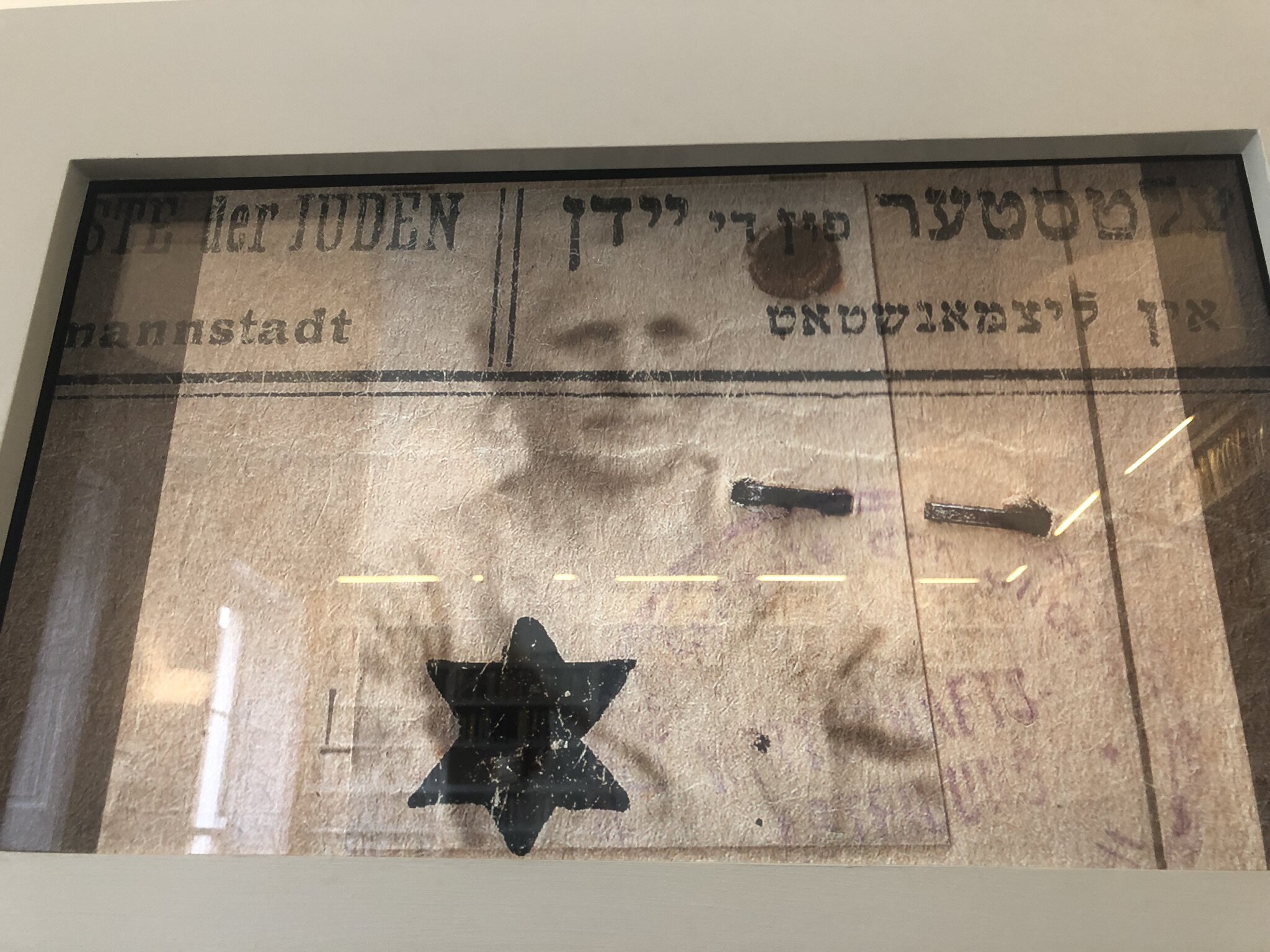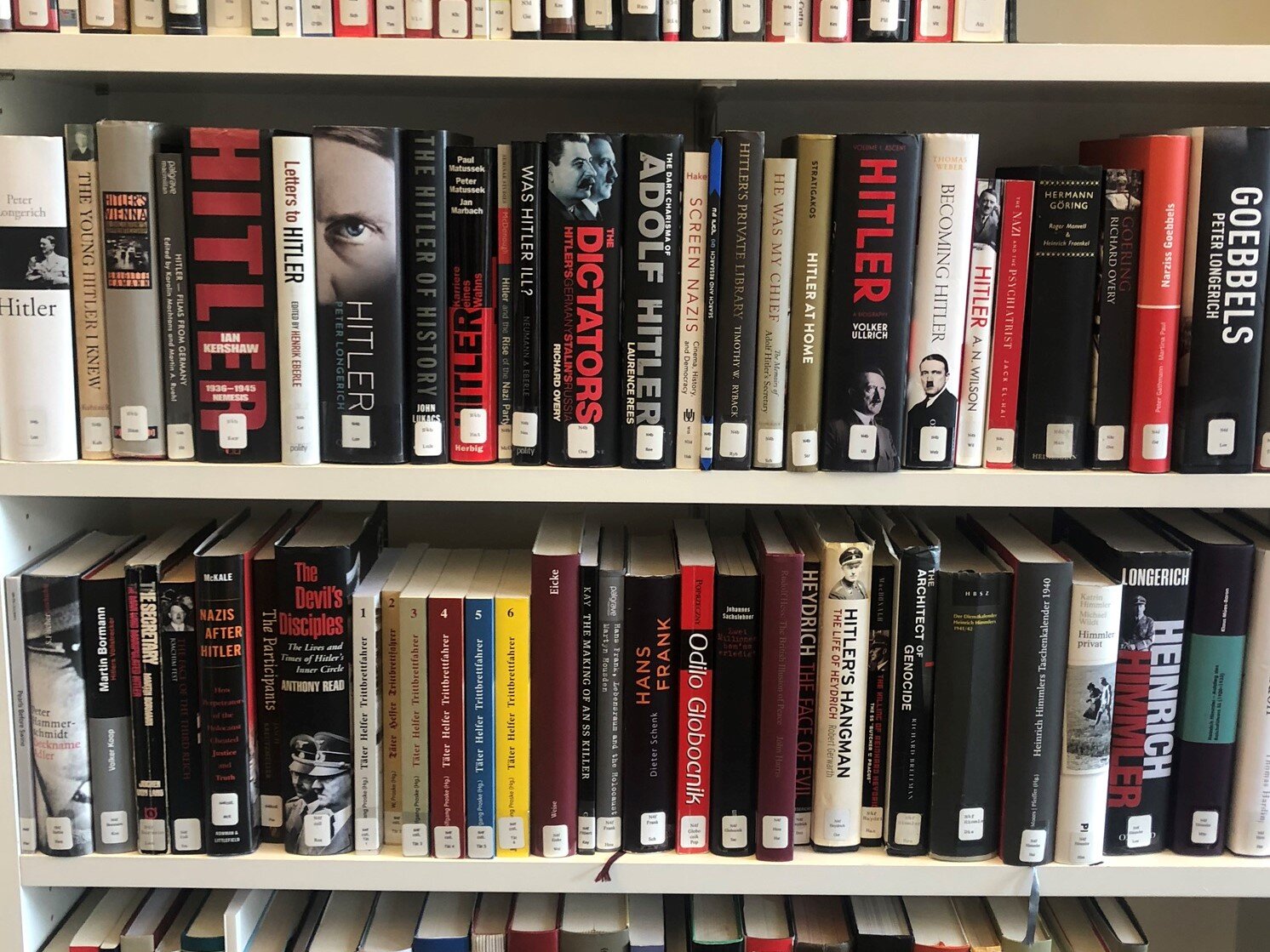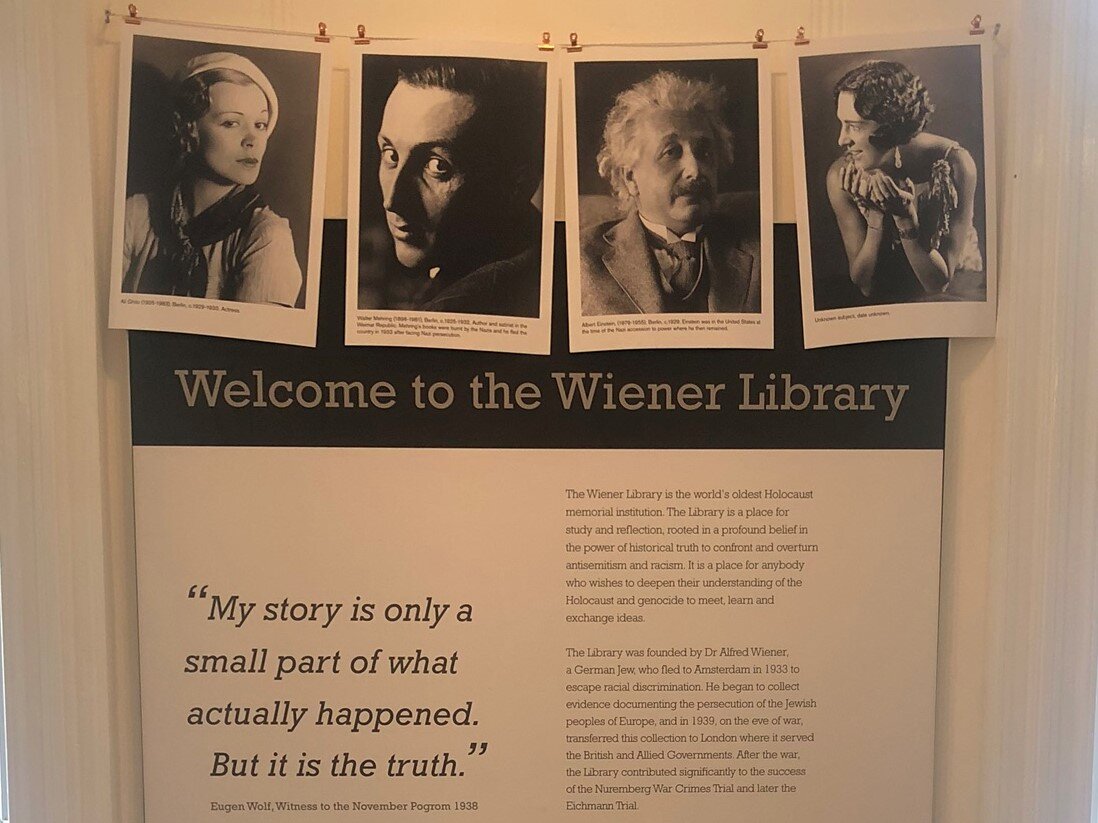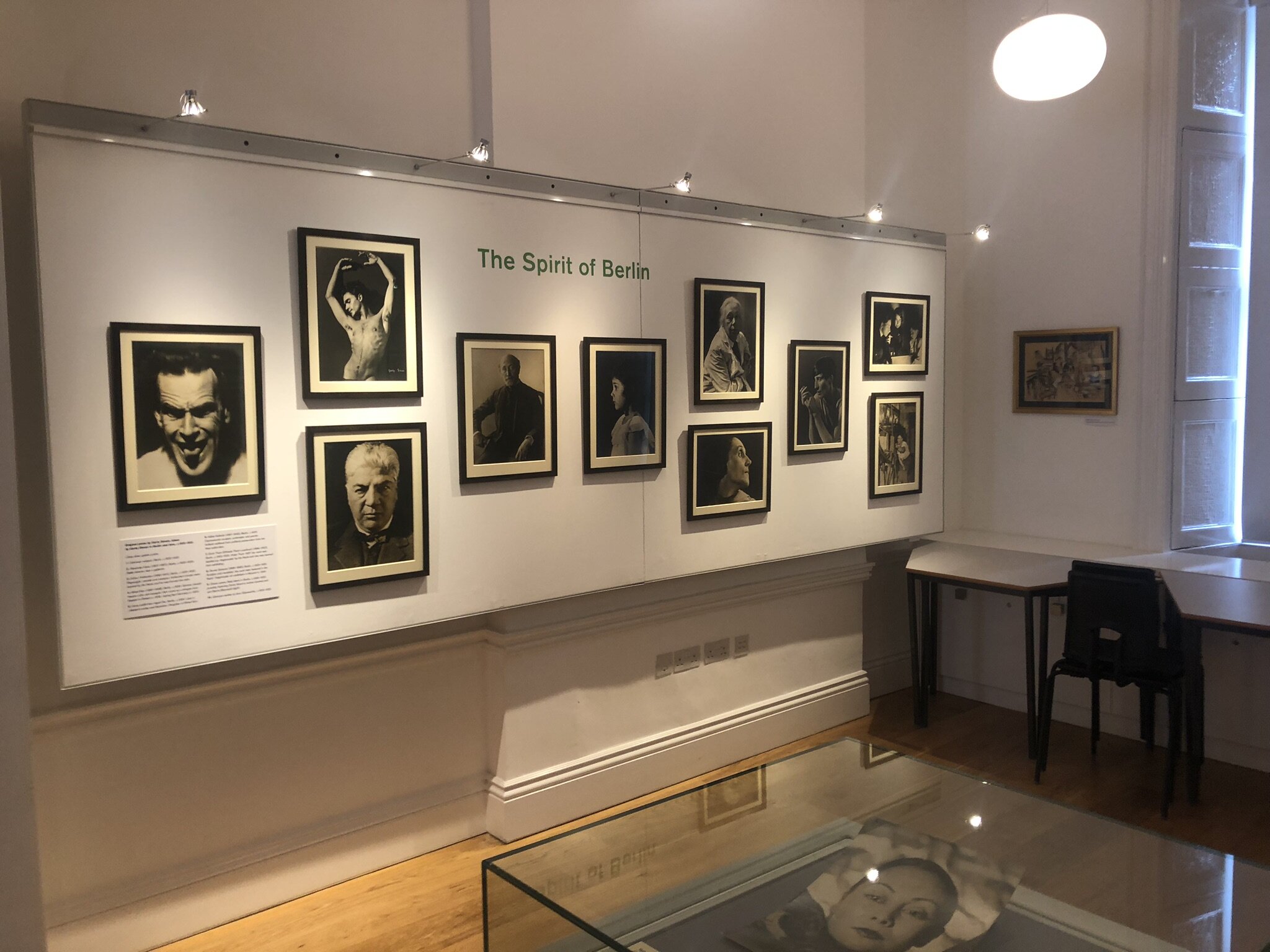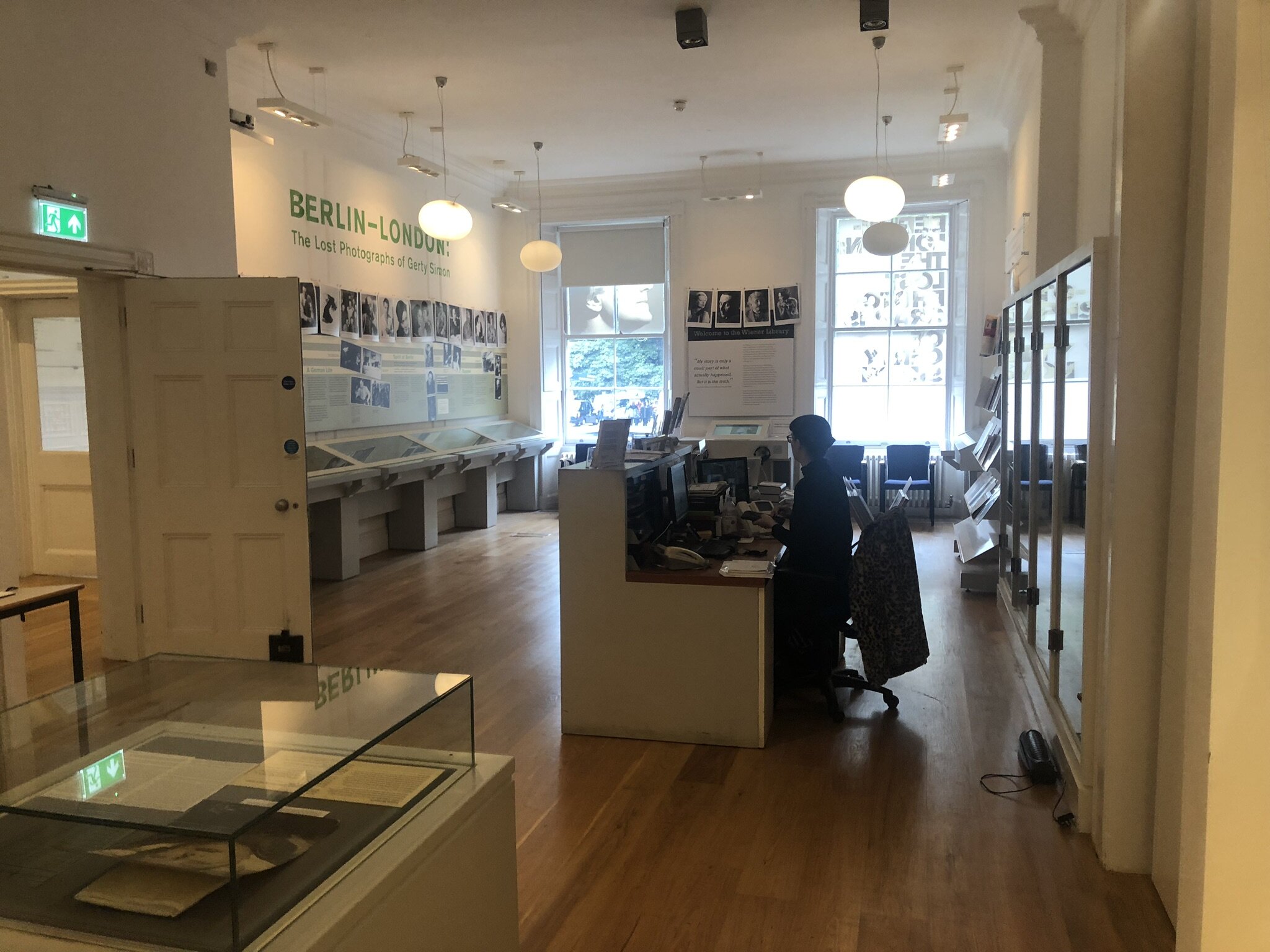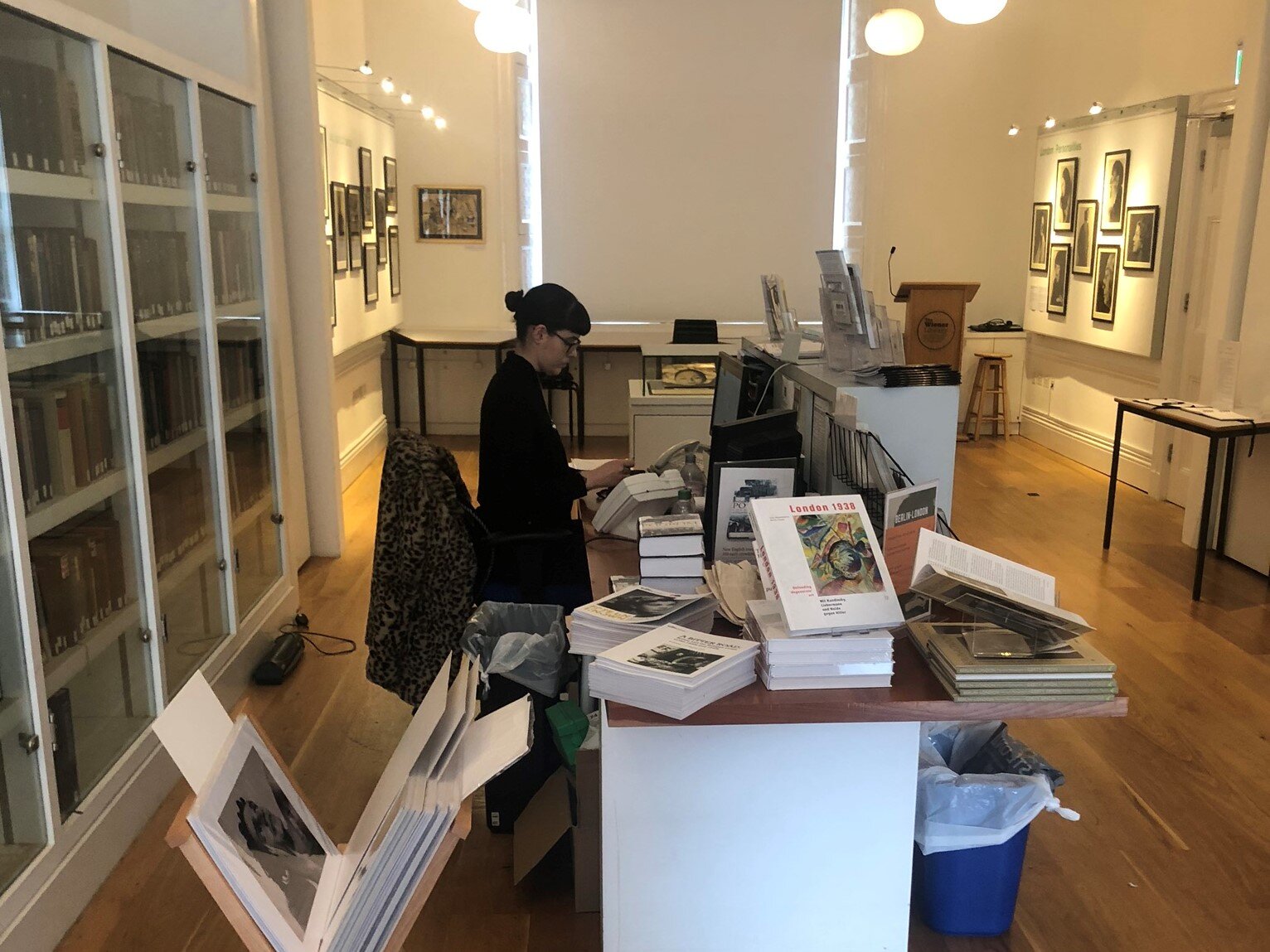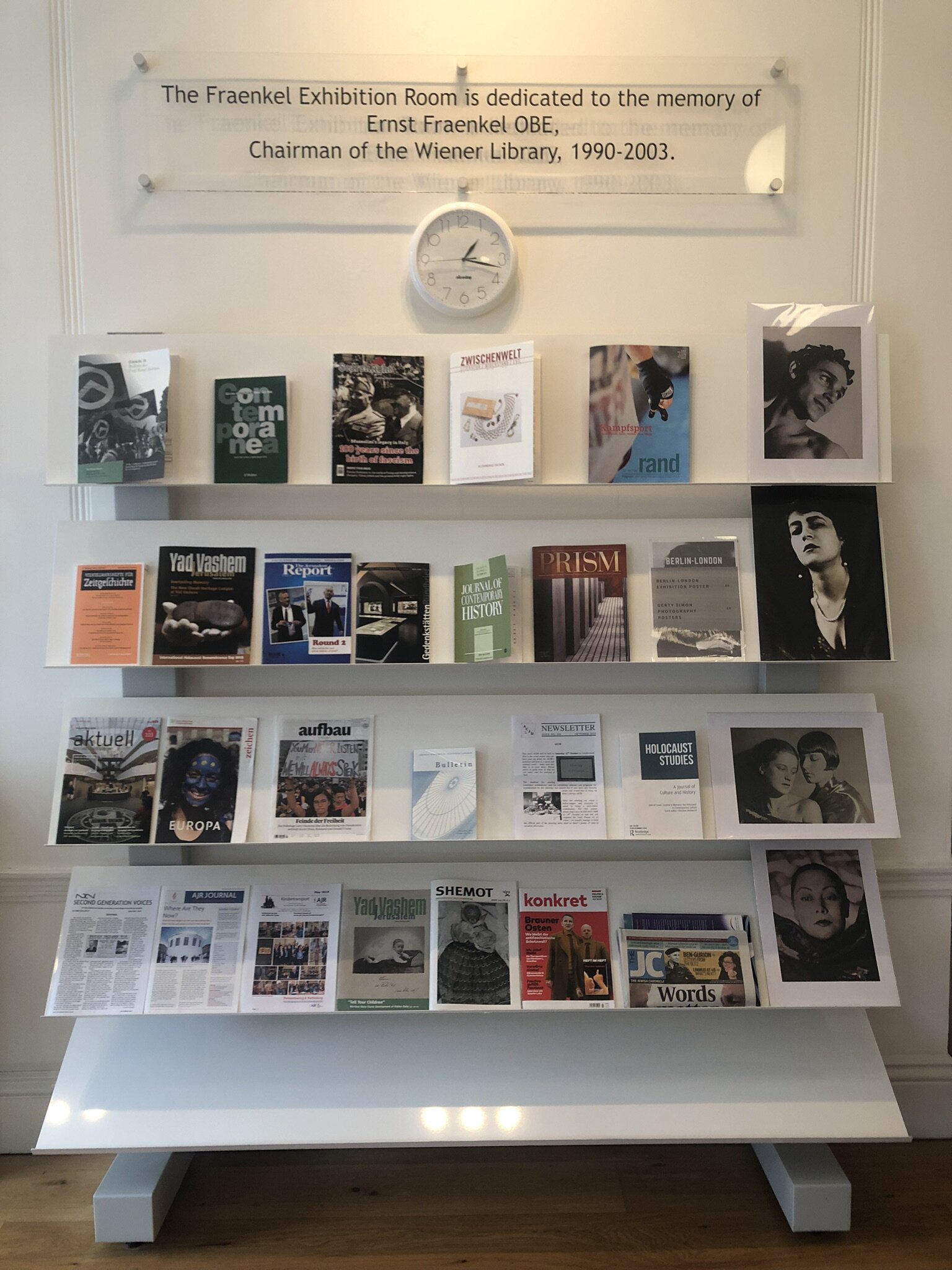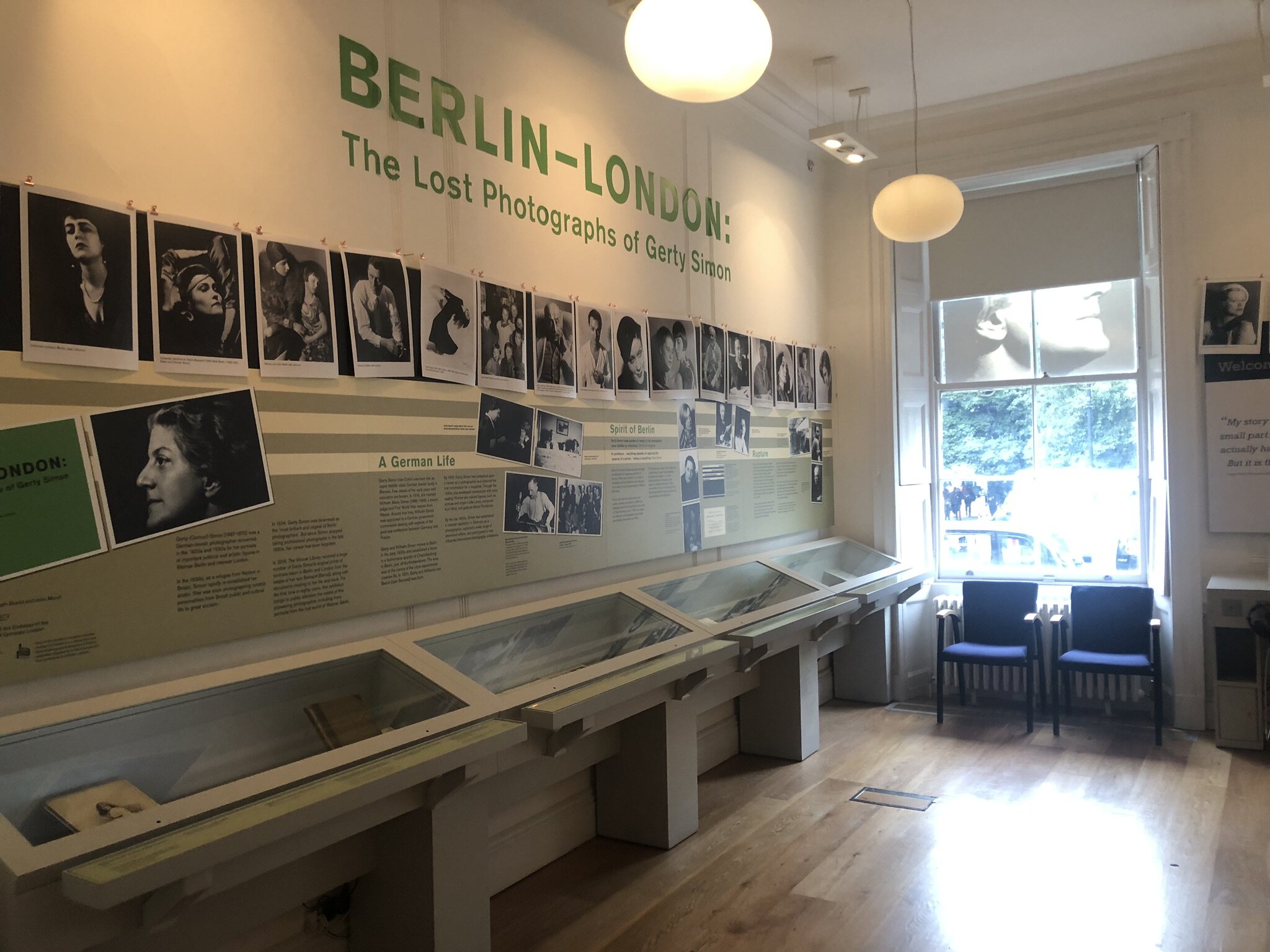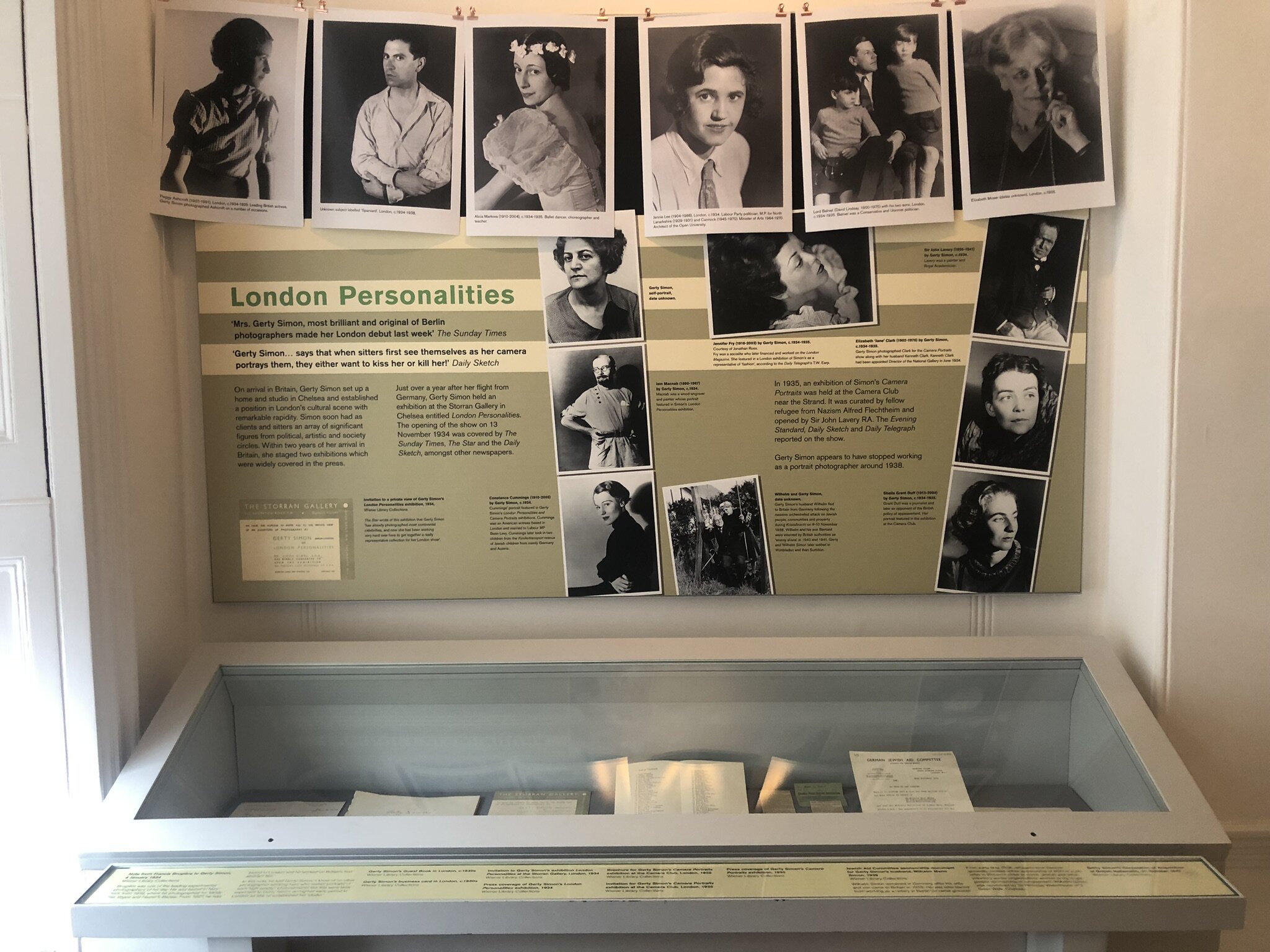6. Rachel Seiffert
The Wiener Holocaust Library, London
The library featured in this episode of Ex Libris is truly inspirational and remarkable. It is a shrine, a beacon, a memorial. Sacred ground, no less.
Moreover, the conversation that takes place there - with acclaimed novelist Rachel Seiffert - is visceral and compelling.
The Wiener Holocaust Library - found in an elegant Russell Square townhouse in Central London - holds one of the world's leading and most extensive archives on the Holocaust and Nazi era. Formed in 1933, the Library's unique collection of over one million items includes published and unpublished works, press cuttings, photographs and eyewitness testimony.
It is a place that holds huge resonance for Seiffert: a fertile ground of inspiration and a professional home-from-home. Moreover, the library afforded her a voyage of self-discovery at a key time.
Rachel first entered The Wiener in the hope of discovering the truth as to her German grandfather’s activities during the Second World War, in which he served as part of the Waffen SS. That visit - as a somewhat ‘lost’ 20-something - would change her life. For Rachel found not only acceptance of that existential need to excavate her family’s past but also a pathway toward becoming a writer. The debut novel that emerged from her family research, The Dark Room, would be shortlisted for the Booker Prize.
Rachel has since been shortlisted multiple times for the Women’s Prize, won the prestigious EM Forster Award, and been selected as one of Granta’s ‘Best Young British Novelists’.
She here charts that journey, as well as her own research and writing processes, with tremendous verve, speaking very movingly of her own family history.
With the help of Howard Falksohn, the Library’s Senior Archivist, Ben and Rachel explore The Wiener's fascinating past and crucial ongoing legacy. The expansive conversation takes in the parallels between our own age and that Nazi era of the 1930s, as well as an exploration of how history doesn’t so much repeat itself as send the present warnings. Biblioclasm - the burning of books and historic destruction of libraries - is discussed too, as well as the positive lessons of restitution and reconciliation that institutions such as The Wiener can provide to us.
Plus Howard Falksohn explains the fascinating, exacting processes of how his team go about sourcing - even sometimes from rubbish skips! - the personal documents that preserve ‘the lives of others’. Howard elucidates how he sets about archiving for posterity the genocidal crimes of yesteryear.
Lest we, or future generations, should ever forget.
